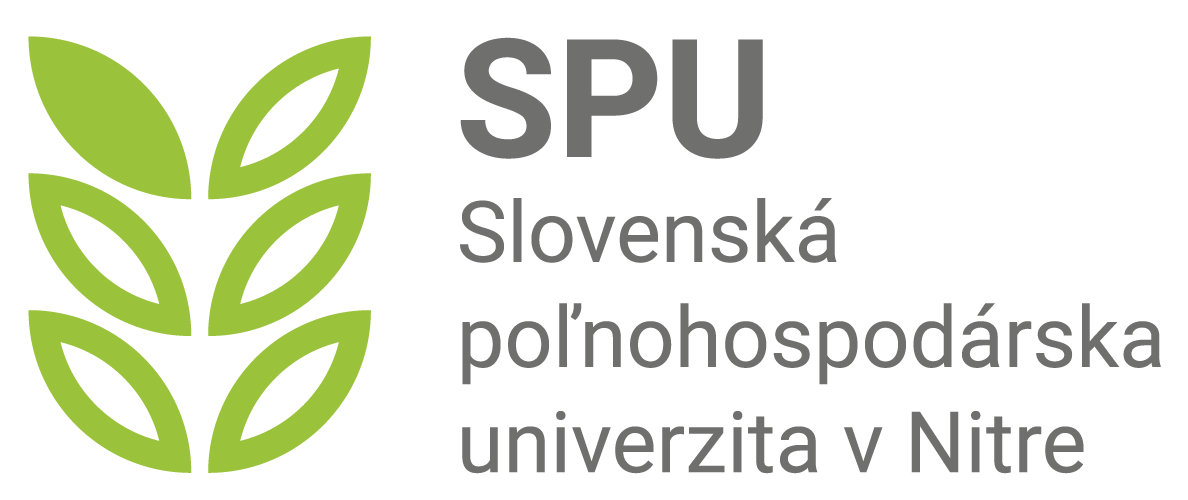SUA Employees Enhance Cultural Intelligence to Bridge Differences in Interactive Workshop
14.02.2025
On February 12, employees of the Slovak University of Agriculture (SUA) gathered at the AgroBioTech Research Centre for a workshop focused on effective communication in an academic environment using cultural intelligence (CQ).
The workshop, led by Andrej Juriga, founder of the educational company Cultural Bridge, introduced both teaching and non-teaching staff to the importance of cultural intelligence in today’s globalized academic world.
He emphasized that cultural intelligence is a skill every university employee needs, not just those interacting with international students. While understanding the cultural customs of students' home countries is valuable, it's not enough on its own. As explained by the speaker, "Cultural knowledge doesn't automatically equal cultural intelligence. The good news is that cultural intelligence is a skill we can all develop. It helps us act inclusively and collaborate effectively with people from different backgrounds."
By cultivating cultural intelligence, university employees can create a more welcoming and effective environment. It helps reduce misunderstandings, prevent conflicts, and enhance communication—ultimately improving the overall atmosphere on campus. For SUA, this not only fosters better relationships but also boosts its attractiveness to international students, positioning the university as a place that supports and values diverse cultures.
The workshop also highlighted how cultural differences manifest in various behaviours, including communication styles. Some cultures are direct, while others prefer more context before expressing an opinion. Disagreement might be expressed openly or subtly, and there are different attitudes towards authority—some cultures favour egalitarian relationships, while others maintain a hierarchical approach. Andrej Juriga provided the example of a teacher-student dynamic: In egalitarian cultures, like the USA, students are encouraged to speak freely with professors, while in more hierarchical cultures, such as China, students typically defer to their professors’ authority. Understanding these differences can help teachers navigate varying student behaviours, from those who eagerly participate in discussions to those who remain silent.
This workshop, titled Cultural Intelligence as a Tool for Overcoming Differences in the Academic Environment, was part of a larger initiative aimed at improving integration services for foreign researchers, teachers, students, and enhancing language education for employees at SUA.






